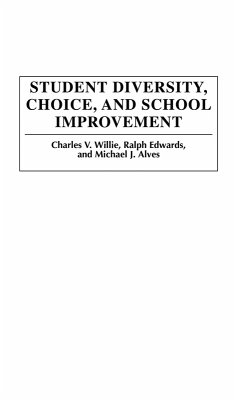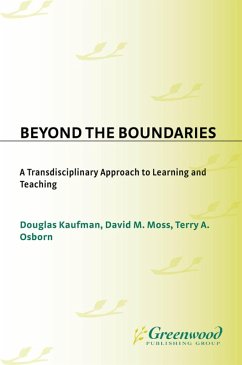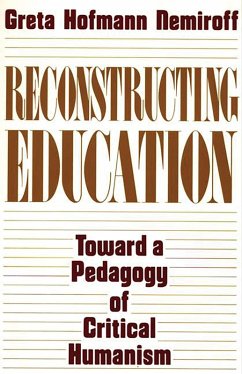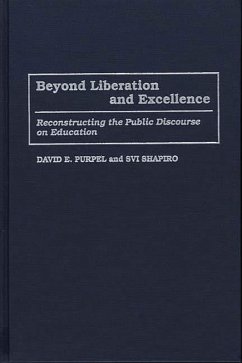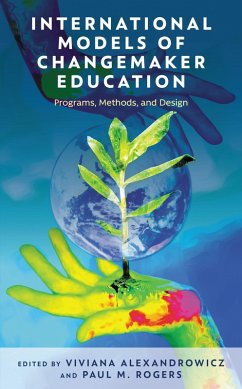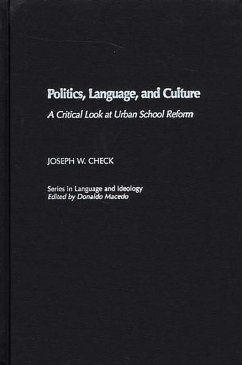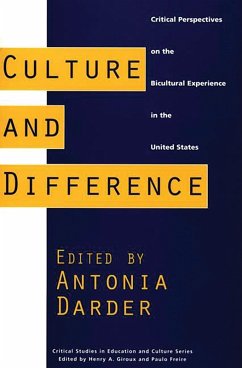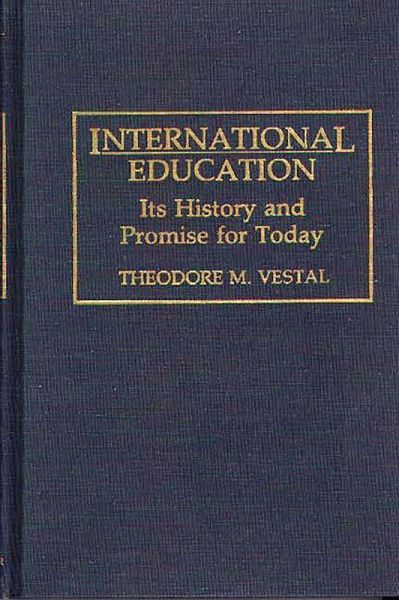
International Education (eBook, PDF)
Its History and Promise for Today
Versandkostenfrei!
Sofort per Download lieferbar
58,95 €
inkl. MwSt.
Weitere Ausgaben:

PAYBACK Punkte
29 °P sammeln!
International education in the United States is at a significant crossroads. The magnanimity of the 102nd Congress has raised the possibility of federal financial support of international studies to a new level. The newly established governing board of the National Security Education Act can provide unprecedented coordination of federally supported international education programs. If federal financial support can be maintained and coordination achieved, the objectives of the IEA of 1966 can be realized in the 1990s. The academic community and public policy makers need to be made aware of the ...
International education in the United States is at a significant crossroads. The magnanimity of the 102nd Congress has raised the possibility of federal financial support of international studies to a new level. The newly established governing board of the National Security Education Act can provide unprecedented coordination of federally supported international education programs. If federal financial support can be maintained and coordination achieved, the objectives of the IEA of 1966 can be realized in the 1990s. The academic community and public policy makers need to be made aware of the opportunities at hand in order for this to be possible. U.S. education generally and higher education specifically have a responsibility to improve our international capabilities in order to meet the post-Cold War challenges of a complex world.






